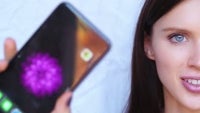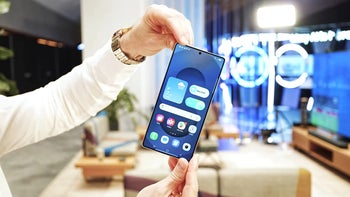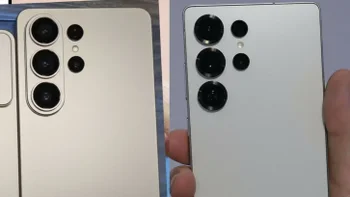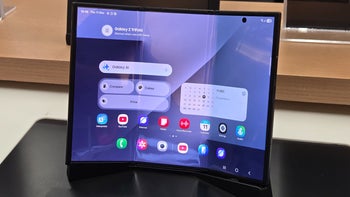Pop the champagne, Tim Cook - Apple conquers 41% of US phablet sales with the iPhone 6 Plus

It looks like Tim Cook will get the opportunity to write another jolly e-mail to his loyal employees, because the iPhone 6 Plus has racked up some unexpectedly great sales numbers. According to Kantar Worldpanel's data, between September and October Apple's first phablet conquered 41% of the big screen smartphone sales in the USA.
Results from the survey show that 58% of iPhone 6 Plus buyers cited screen size as the reason they went with the phablet. The combination of a beautiful 1080p display and a large diagonal has proven quite alluring for the Apple crowd. Good thing Cupertino finally caved in and super-sized the iPhone, which it refused to do for years, because the company would have missed out on a significant market opportunity if it retained that kind of mentality. See for yourself - Kantar says that phablet sales represented 10% of overall smartphone sales between August and October, which is quite the leap compared to the measly 2% from the same period in 2013.
But what does that pose for the Android tribe, where oversized screens have been the norm with flagships for the past two years? Well, out of the many that bought the iPhone 6 or iPhone 6 Plus, only 9% are former Android users that went on to try something new.
Meanwhile, the Samsung Galaxy Note 4 hasn't been on sale long enough to truly assess how the 5.7-inch behemoth is doing on the market. However, the fact that a single device alone - the iPhone 6 Plus - has taken almost half of its USA market share, spells trouble for Samsung, LG, Google, and anyone else looking to sell a 5.5-inch or more smartphone.
Still, when the iPhone 6 Plus's initial growth slows down and new devices start showing up, the market could balance itself. Or not. We'll have to see what 2015 has in the cards first.
Meanwhile, the Samsung Galaxy Note 4 hasn't been on sale long enough to truly assess how the 5.7-inch behemoth is doing on the market. However, the fact that a single device alone - the iPhone 6 Plus - has taken almost half of its USA market share, spells trouble for Samsung, LG, Google, and anyone else looking to sell a 5.5-inch or more smartphone.
Follow us on Google News












Things that are NOT allowed:
To help keep our community safe and free from spam, we apply temporary limits to newly created accounts: